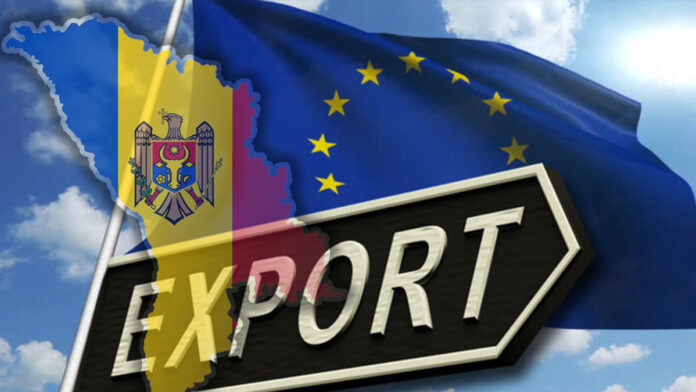The European Council adopted a regulation resuming and extending the temporary suspension of all existing tariffs. The initial price system is still in force for seven agricultural products for another year until 24 July 2024.
“The resumption and extension of measures aims to ensure the continuation of existing trade flows from the Republic of Moldova to the EU, which will support the Moldovan economy. This is especially important given the ongoing military aggression of Russia against Ukraine and the current influence on the Republic of Moldova, as well as given that Moldova received the status of an EU candidate country in June 2022,” said the Minister of Industry, Trade, and Tourism of Spain, Hector Gomez Hernandez.
As in the past year, the EU is expected to experience a loss in customs revenues of around €300,000 per annum, so the impact on the EU’s resources will be limited.
The current trade liberalization measures, valid until 24 July 2023, have more than doubled the number of goods that can be imported duty-free from the Republic of Moldova into the EU (namely, tariff quotas).
In general, exports from the Republic of Moldova to the EU increased from 1.8 billion euros in 2021 to 2.6 billion euros in 2022.
measures continue to apply to all seven agricultural products whose exports from the Republic of Moldova to the EU have not yet been fully liberalized under the Deep and Comprehensive Free Trade Area (DCFTA), as they are subject to duty-free quotas: plums, table grapes, apples, tomatoes, garlic, cherries, and grape juice.
The difference in coverage compared to last year is the full liberalization of EU imports, as current legislation suspends all tariff quotas still in effect.


